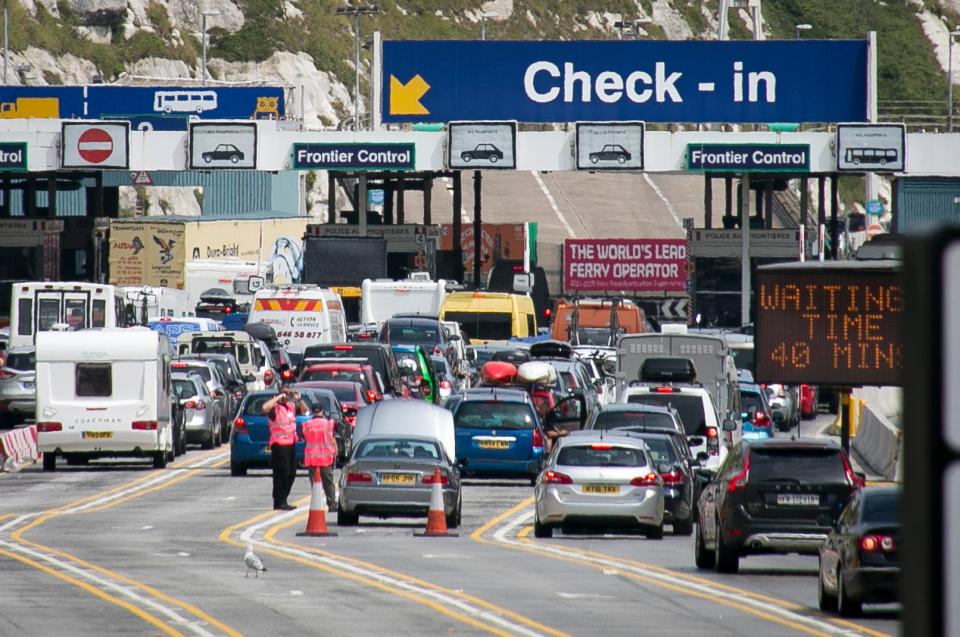Introducing customs declarations after Brexit would affect up to 180,000 UK traders and could cost traders over £4 billion a year, according to a new study.
Published by Institute for Government (IfG), Implementing Brexit: Customs says preparing the border for Brexit is a huge task with a hard deadline. Being ready for day one requires the Government to orchestrate change across more than thirty government departments and public bodies, as well as over 100 local authority organisations.
But the report also highlights the critical role played by organisations outside government. It shows the complex web of private sector organisations that must also be ready to ensure UK trade can continue to cross the border on day one after Brexit.
The report adds that while most people recognise the customs cliff edge in the UK, not enough attention is paid to the cliff edge on the other side of the English Channel. Unless Calais, Dunkirk, Rotterdam or other European ports are also ready for Brexit, British exporters will face significant disruption to their supply chains. Preparations on both sides is particularly vital in the case of the Irish land border.
The report offers recommendations to help the UK avoid the customs cliff edge, such as moving customs requirements away from the physical border, retaining access to key EU computer systems and establishing working groups on implementation details with the private sector.
Finally, the report says government must successfully deliver its new customs technology programme to avoid disruption at the border after Brexit – but the system is already facing significant issues because of constricted timelines.
Joe Owen, Senior Researcher at the Institute for Government, said:
“The UK Government is only one of many players who need to be ready if disruption is to be minimised on day one after Brexit. But the problem is that everyone from port operators to small traders can only undertake limited preparation while future arrangements are so uncertain.
“When it comes to customs, business faces a canyon not a cliff edge. Disruption can be caused from either side of the border, and we are reliant on the successful preparation of our European partners too.”
Marcus Shepheard, Researcher at the Institute for Government, said:
“The Government has said that new technology will help, but has provided little clarity about how. In fact, it seems unable to manage existing technology. So with less than two years to go, ministers must be clear about what is and what is not feasible.”





